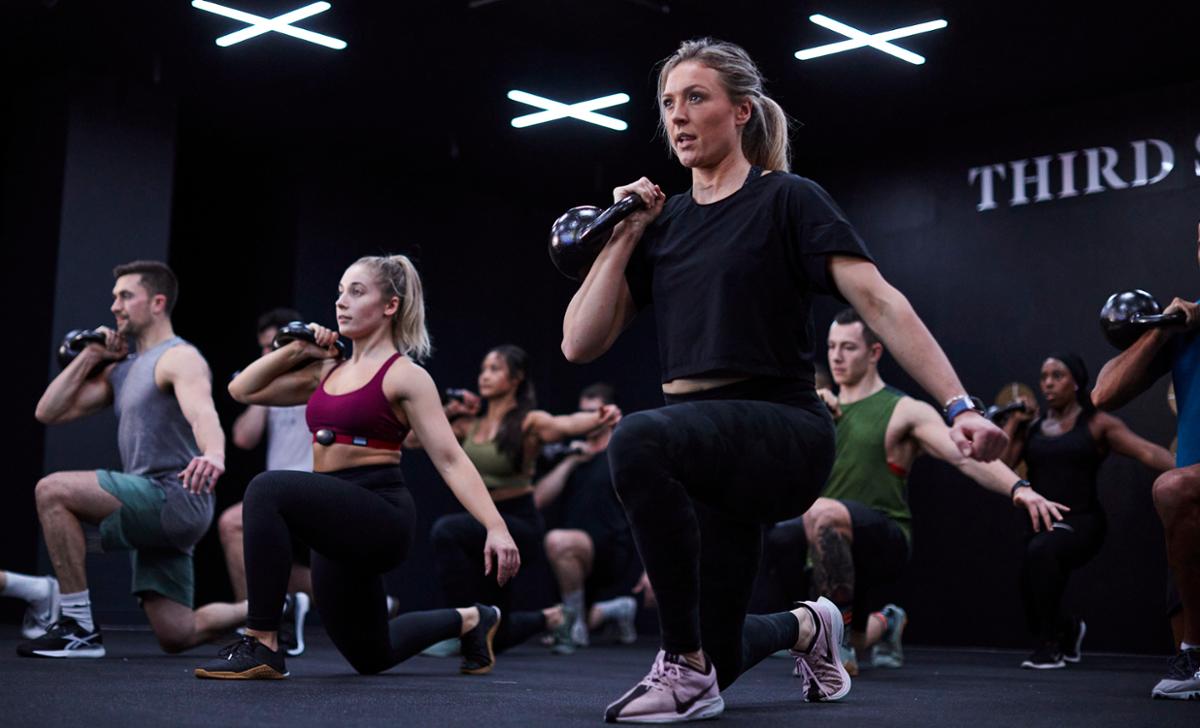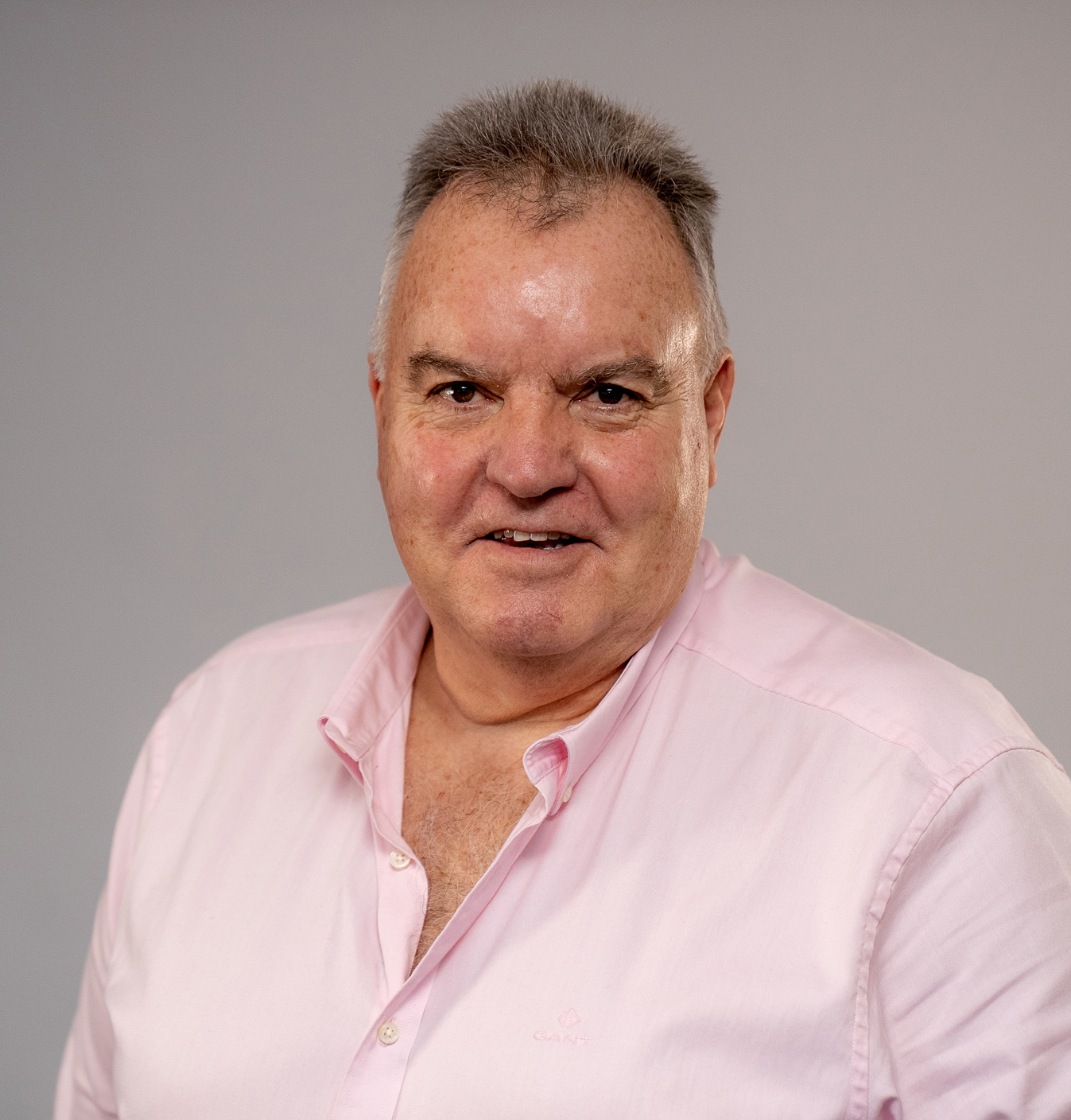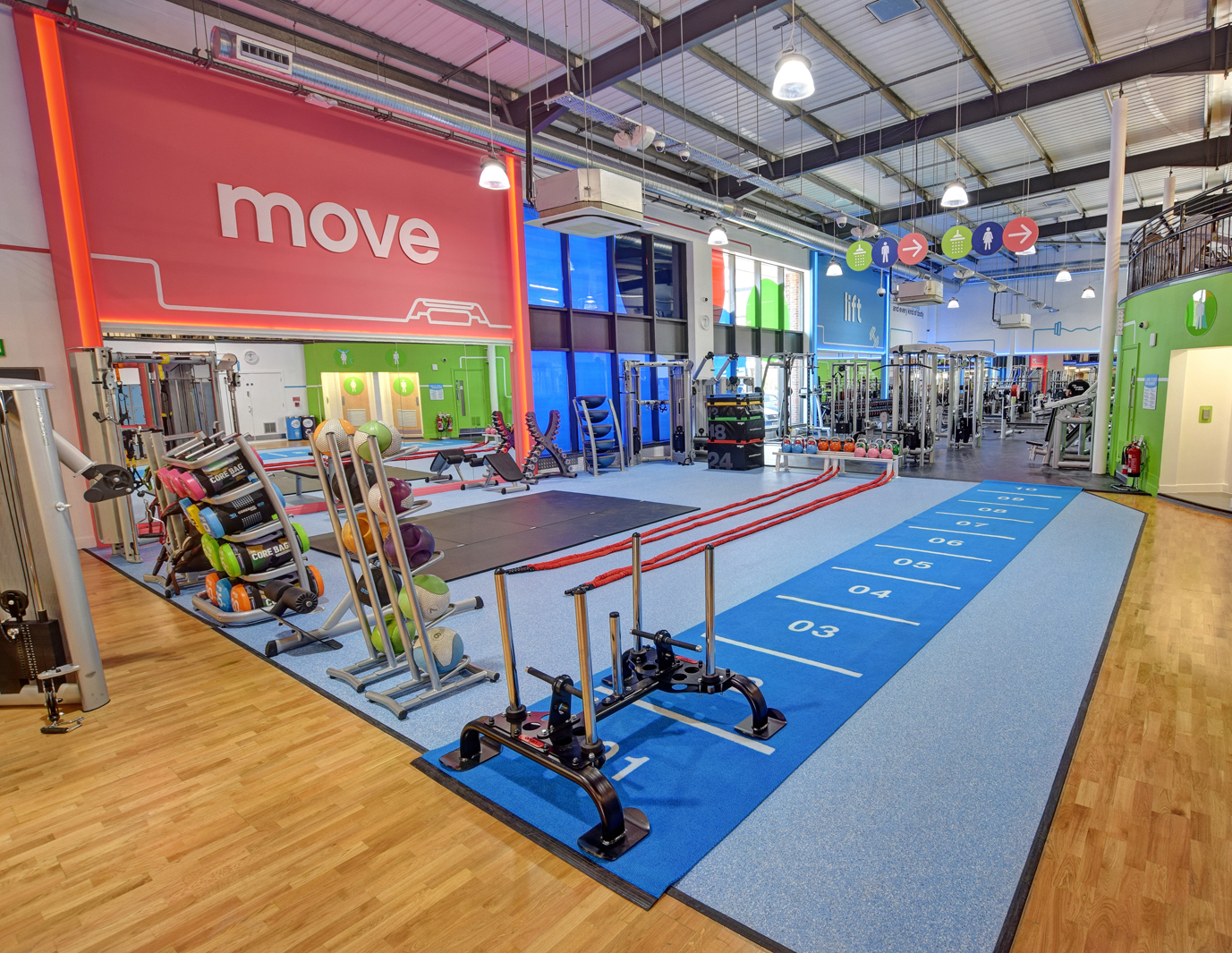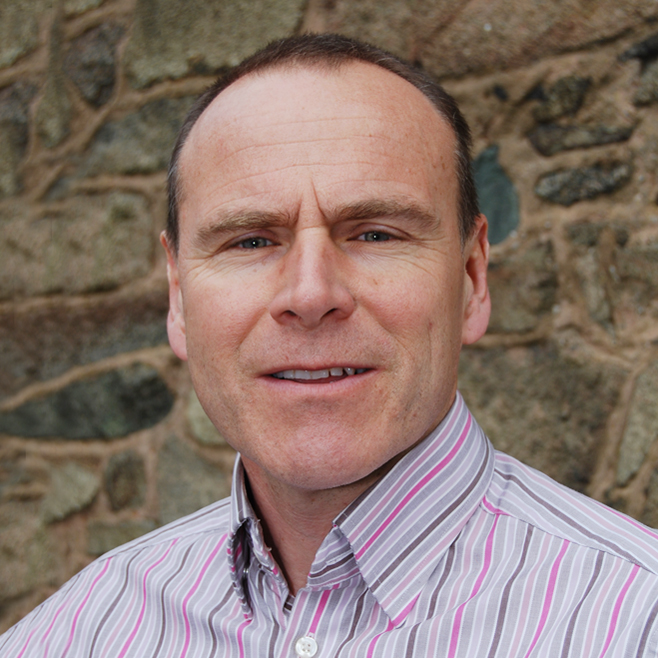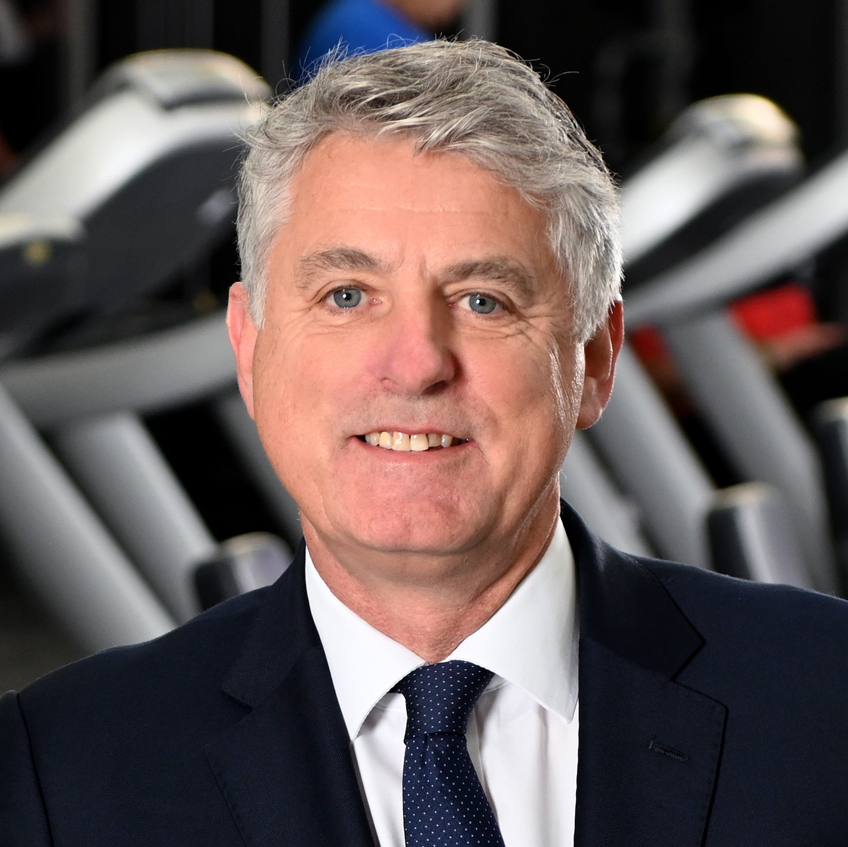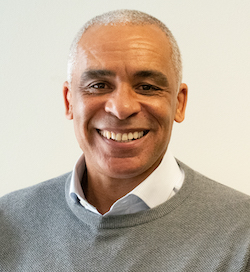
‘Better never stops’ and the industry must innovate, says Stalker / Photo: Europe Active
Europe Active: president
Navigating the months ahead is not so much about what we think will happen, but more about what we know must happen in order to survive. Right now we’re a far cry from the roaring 20s we’d love to be experiencing, but the opportunity is still there to pivot and prosper.
Our weaknesses as a sector have historically been around a failure to seek out or embrace change, but just as our members can’t progress in their journey of physical activity alone, we mustn’t forget the importance of coming together as an industry in partnerships that offer more than the sum of their parts.
Europe Active’s Sectoral Manifesto focuses on four collective priorities we must fully embrace at every opportunity in order to make a difference – these are improving community, health, digital and standards.
We need to deepen penetration into local markets – many of us have remained resilient by reaching out beyond our immediate networks. This has proven that further effort as a collection of health partners will bring the biggest benefits for all involved.
Health as a focus over fitness is vital. Members and those who have never been to our gyms need support with their wellbeing more than ever before. We, as a sector, need to find ways of providing our services, expertise and community support to them inside and outside our facilities.
Digital integrations have proven we can meet communities wherever they want to move and these integrations need to be readily available for the benefit of members.
he most valuable tech partners offer a community of likeminded individuals ready to compete in fun workouts and challenges, most importantly, in a positive atmosphere.
Not only does digital cement the customer journey in measuring effort, instigating positive behaviour change and forging new relationships, it can also offer much needed escapism through gamification, at a time when people are worried about their wellbeing – both in body and mind.
he concern is that operators will remain the same, hoping for better times, but there is growth to be had and using the above approaches, our operational standards will be raised.
Unprecedented times come with fear and uncertainty, but better never stops and our industry will continue to improve.
Health as a focus over fitness is vital








